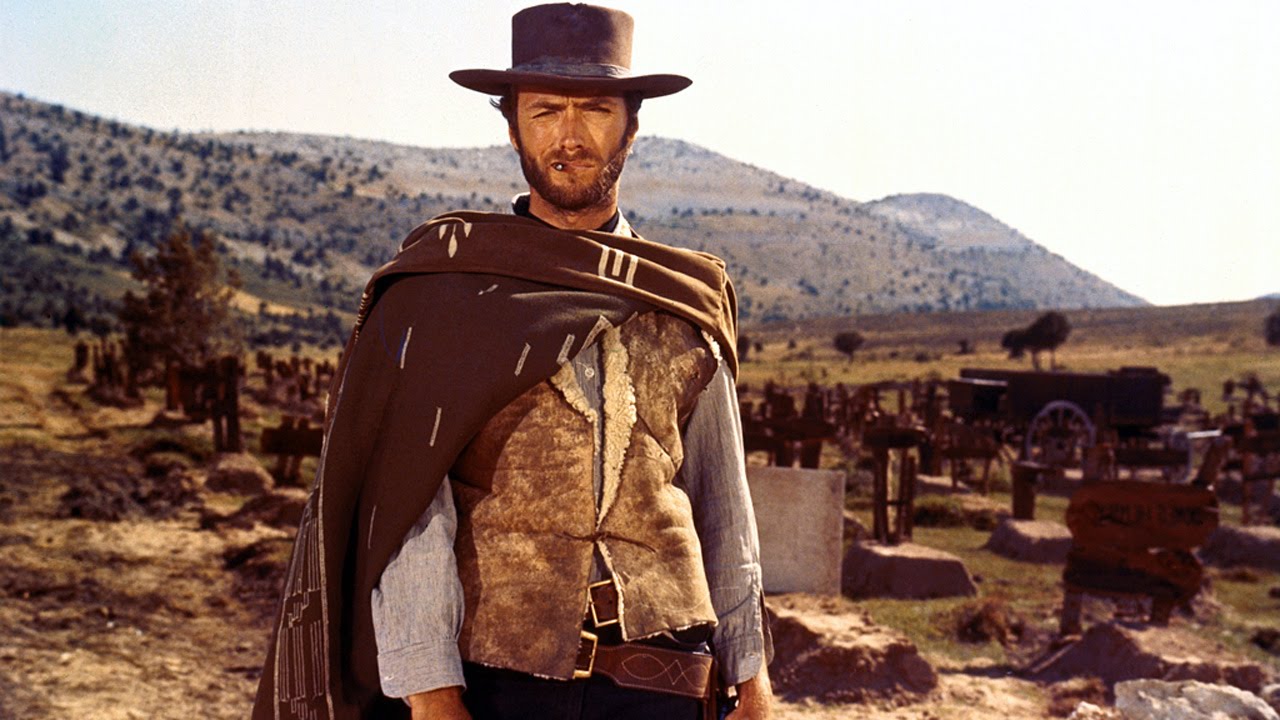
It’s not often that a director can lay claim to creating a subgenre on his own, yet Sergio Leone enjoyed exactly that, creating the ‘Spaghetti Western’, a down and dirty European take on the distinctly American genre, brash and loose with the tropes yet lovingly paying homage to what came before.
Leone will always hold the title of the paternal figure behind the genre, yet he was also so much more as a filmmaker then a genre head. He was a true artist, one who sadly only made a handful of films before passing, but luckily those films are big and glorious with meaty running times to feast upon, so let us dig in and discuss his entire filmography, from least to the best.
9. Last Days of Pompeii (1959) (uncredited)
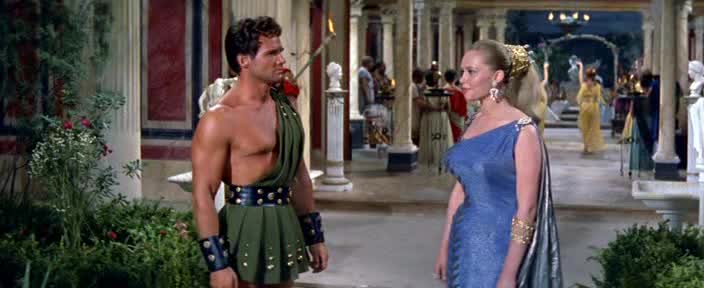
Leone had already cut his teeth on large scale productions as assistant director on Hollywood epics such as “Ben Hur” or “Quo Vadis” before the chance to step into the director’s chair came about.
Mario Bonnard, the film’s original director, fell severely ill during the first day of production on this Steve Reeves sword-and-sandals cheapie, so Leone, who was already the assistant director and co-screenwriter (coincidentally sharing a credit with Sergio Corbucci – another future ‘Spaghetti Western’ stalwart), was promoted to finish the production. Bonnard took final credit, even though Leone filmed 99 percent of the movie and it should be considered his official directorial debut.
Still, the fact that his involvement was effectively swept under the rug is no great disservice to Leone’s filmography. The product is as workmanlike as it gets, with zero time to inject his passion or persona into the movie, and the young filmmaker simply followed Bonnard’s pre-production blueprint, while finishing filming as best he could.
The final result is watchable enough for Steve Reeves fans with plenty of stiff acting, goofy action yet surprising impressive production value despite it’s low cost, but overall it’s all pretty unremarkable, from a director who go on to prove he was anything but.
8. My Name is Nobody (1973) (co-director)
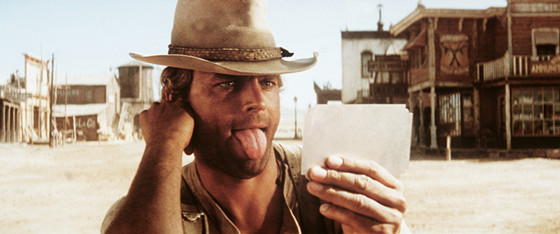
By the early 70s, the ‘Spaghetti Western’ trend that Leone had single-handedly ignited was becoming a washed-up parody of itself. The director and regular producer Fulvio Morsella thought if a piss-take was necessary, they would shepherd it themselves by concocting a script together, even convincing genre icon Henry Fonda to star.
Centred around the dying end of the western era, Fonda’s ageing gunsling bonds with Terence Hill’s plucky upstart over a silly plot that questions the romanticism placed on the cowboys of old.
Now Leone only officially took credit for the script, yet was heavily involved as a producer and directed several segments of the finished film, with former second unit director Tonino Valerii picking up the rest of the production.
With that said, whoever is behind the lens blatantly shows, with Valerii’s goofy comedy stylings awkwardly meshing with Leone’s elegantly constructed segments focusing on Fonda’s haunted character, a part that hints at a much more interesting movie. Regardless of the uneven mix, it’s all done in good fun with several clever nods poked at the genre (“For a Few Dollars or More” in particular) but the audience’s enjoyment of the film will really balance on their tolerance for Hill.
The late 70’s Euro-comedy phenomenon is a required taste to say the least, with his full-on mugging ‘slapstick Eastwood’ performance making Fonda look embarrassed for the majority of his stay, even though his earnestness is kind of likeable.
The film was successful for it’s time (even landing a sequel), yet its appeal has dated, and regardless of Leone not being fully responsible for the film’s lesser parts, there’s no denying his involvement leaves a bizarre taste.
For instance, if Don Siegel had directed “The Naked Gun” or if John Carpenter had produced “Scary Movie”, one understands the filmmaker was done with the genre, but why so blatantly drag its tropes through the mud? Ennio Morricone’s painful soundtrack spoofing his earlier work is the worst offender, yet there’s still enough fun parts to pick through, even if the end results is a little lopsided and undercooked.
7. The Colossus of Rhodes (1961)
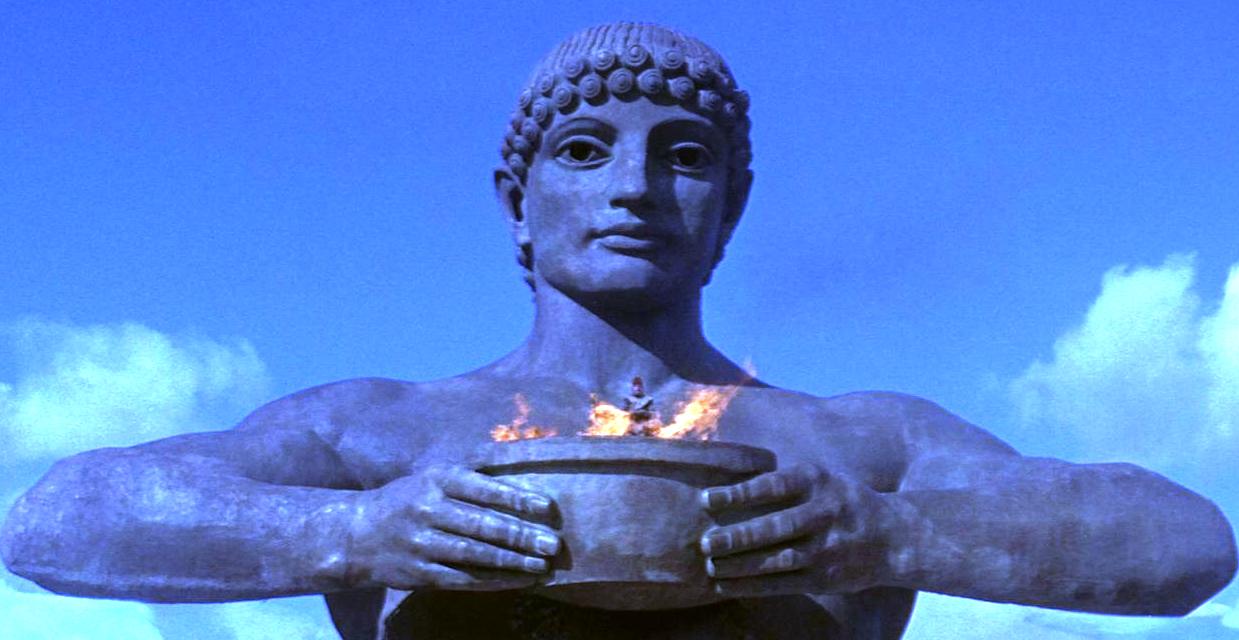
After saving the near disastrous production of “Pompeii”, Leone was quickly handed a directorial assignment in the same genre wheelhouse, this time focusing on the legendary Colossus statue that stood over the Greek island of Rhodes. Of course plenty of intrigue, romance and sword-fights befall the subject in this enjoyable genre effort.
Helping ease things along is lead star Rory Calhoun, whose laid-back, charming performance as the main hero is a welcome contrast to the stiff theatricality of the other performers. Leone felt he fit the mould of a ‘working class Cary Grant’ and audiences witnessing his performance will have little reason to disagree with his likeable turn.
Also, with Leone began coming into his own as a filmmaker, certainly overall the product is played typically, but there’s hints of a growing personality behind the camera – long roving tracking shoots, intense close-ups, and some strong set-pieces like the “Seven Samurai” influenced rain-drenched finale that is unexpectedly fierce and effective.
It’s true that it’s an unimportant slot in the director’s filmography and you’ll be hard-pressed to know Leone was even involved in the production from the final results, but that doesn’t mean it doesn’t work well on its own terms as a fun Euro sword-and-sandals flick, and an interesting watch for Leone completists.
6. A Fistful of Dollars (1964)
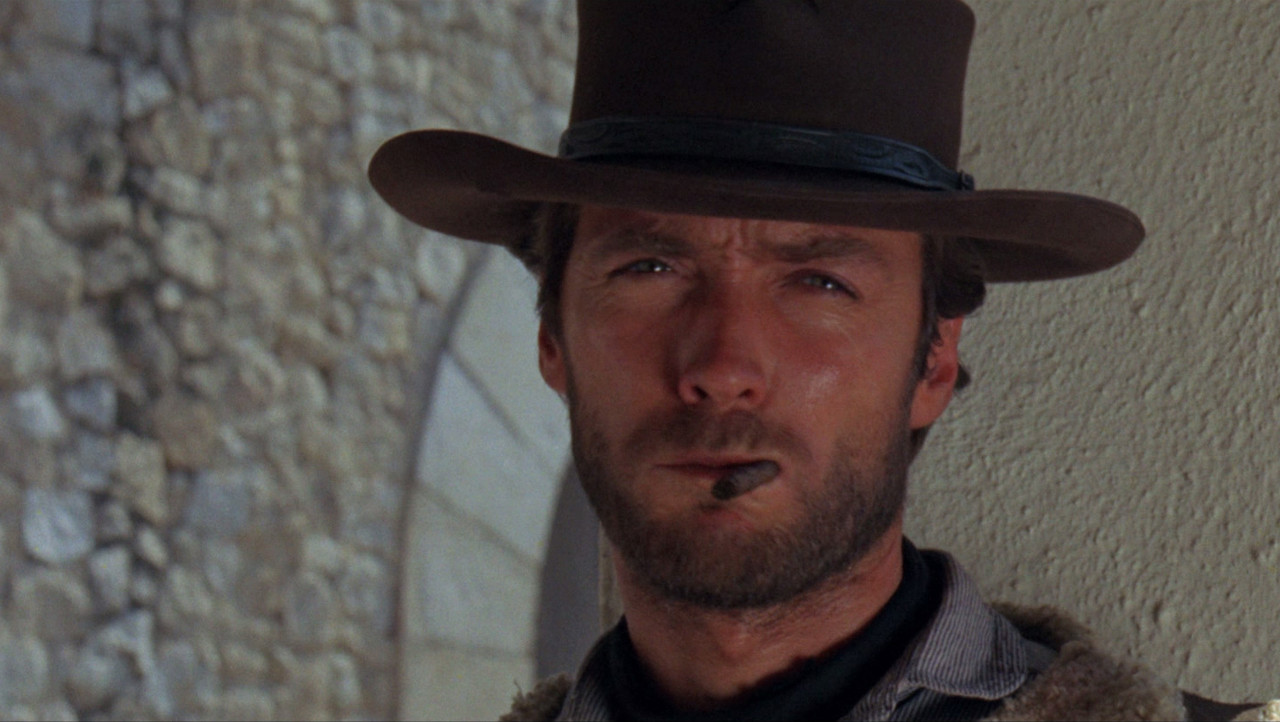
Made on the cheap in Europe by an unknown Italian director who couldn’t speak English, and with the only ‘name’ actor a supporting player from TV’s “Rawhide”, international audiences certainly weren’t expecting much from “Fistful”, let alone the pop culture splash that reinvented and reinvigorated the dying western genre and made Clint Eastwood the ultimate onscreen alpha male overnight.
Leone took blatant inspiration from the plot of Akira Kurosawa’s “Yojimbo” (1961), which in turn was based on the noir fable “Red Harvest” by Dashiell Hammett (the material would eventually return to America in Walter Hill’s criminally underrated “Last Man Standing”).
Both legendary directors shared similarities, inspired by the iconic cinema of the US and morphing it into something distinct and flavourful on their home-turf, yet Leone wasn’t fascinated with the moral pathos and dark side of humanity like Kurosawa and instead used the structure for pulpy good fun with a bombastic uppercut of style – Eastwood’s sour-faced cowboy walks into a town of warring clans and turns the place upside down first for profit, and then for justice.
Sure, there’s repercussions for the main character’s amorality, yet it’s all an excuse for great one-liners, fiery mise-en-scene, and tense showdowns with this marking Leone’s proper directorial arrival. His classic trademarks are all in full-form here – the sweaty close-ups, cheeky humour, and the beginning of the most important marriage between director and composer in cinema history with Ennio Morricone producing the soundtrack, an element that no true Leone film would be complete without.
The factor that has the movie this far down the list is not a slight on the product, but praise to Leone’s filmography. He was a director who constantly evolved and progressed forward, and in hindsight, “Fistful” feels rough-edged and low-key to later efforts, yet its only true crime is representing the beginning of an exciting talent, and not the pinnacle.